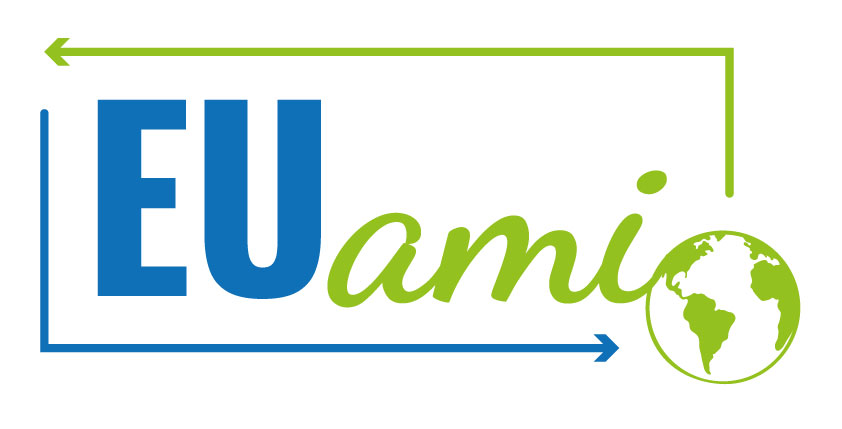EUAMI - European Values and Migration

European Values and Migration - EUAMI is an Erasmus+ Jean Monnet Networks project of the SPGI Department, carried out in collaboration with five higher education institutions from four different European Countries: Istituto Superiore E. Fermi, Canossa Campus, Enac Ente Nazionale Canossiano Ets (Italy), Sant Josep Obrer (Spain), Zespół Szkół Administracyjno-Ekonomicznych (Poland) e Sredno Uchilishte Emiliyan Stanev (Bulgaria).
The aim of EUAMI is to allow teachers and trainers to engage in curricular and extracurricular activities that allow for their own professional development and expansion regarding the European dimension of teaching at schools. More precisely, it seeks to improve the understanding among professors and teachers of the functioning and institutions of the European Union, tackling specifically migration and human rights issues, while promoting the implementation and exchange of new teaching methodologies and information between teachers regarding EU matters.
All of this under an organised dialogue and extended communication between the participating educational institutions. The trainers, teachers, and students involved in the project come from various EU member states, creating a multicultural and multilingual European classroom environment.
OFFICIAL PAGE OF EUAMI PROJECT
EUAMI - European Values and Migration - TEACHERS' COURSE
- A 15-hour free online course available on the Moodle platform.
- Comprising 16 modules covering topics such as:
- The history and functioning of the European Union.
- Political participation and EU values.
- The challenges of migration and the Common European Asylum System.
- Human rights protection and management of external borders.
- Specific European policies, explored in detail, such as Green Deal or security policy.
- Lectures delivered by academics from the University of Padua.
- Offers downloadable materials free of charge, suitable for use in classroom lessons and extracurricular activities.
- Participants will receive a certificate of completion.





